Sinwar’s appointment as Hamas leader shows cowardly assassinations only backfire
By Musa Iqbal
After the assassination of Hamas leader Ismael Haniyeh and the appointment of Yahya Sinwar as his successor, equations have changed in a way the Israeli occupation never saw coming.
The assassination of Haniyeh was meant to bring disorder, disunity, and desperation by creating a political and psychological setback for the Axis of Resistance. However, the apartheid regime gravely miscalculated and the foolhardy miscalculation has also backfired on them.
Iran has vowed revenge on a scale never seen before. The assassination of a foreign diplomat on Iranian soil - and in this case, the lead negotiator for Hamas - crossed all red lines.
Iran previously delivered on their vow for revenge during the April 13th heroic operation “True Promise” that targeted several Israeli military installations across occupied Palestine. The new revenge is brewing in coordination with the Resistance Axis, and time will tell what the delivery entails.
However, within Gaza itself, and the broader Palestinian movement, another significant variable has changed the resistance equation. Yahya Sinwar has been elected - unanimously by the electoral body of Hamas - to succeed resistance leader Ismael Haniyeh.
It is a masterstroke by the Gaza-based resistance movement that the regime was least expecting.
Sinwar, who himself is on the frontlines in Gaza overseeing resistance operations, has been credited with being the “brain” behind the October 7 Al Aqsa Storm Operation. His name is associated with the permanent scarring of the Zionist experiment.
Sinwar is an extremely significant resistance leader. He was recruited directly by Sheik Ahmed Yassin – the founder leader of Hamas and is highly respected in the Axis of Resistance, having survived years of brutal treatment in Israeli prisons, and returning to work soon after his release.
Boiling anger could be observed in Zionist media after Sinwar’s appointment. Israeli military officials even renewed calls to target him. Sinwar has evaded death for decades, so it’s nothing new for him.
Yahya Sinwar, new political bureau chief of Hamas
— Press TV 🔻 (@PressTV) August 7, 2024
Follow Press TV on Telegram: https://t.co/B3zXG73Jym pic.twitter.com/nbzr6fvwY8
Sinwar’s election right after the assassination of Haniyeh is itself a defiant move against the Israeli occupation and a fitting response to the assassination itself.
Hamas is signaling that assassinating the chief negotiator has only brought forth a man who openly challenges and mocks the Israeli occupation. After all, this is the man who in 2021, after Israeli warplanes leveled his home, defiantly sat on the rubble, smirking.
Ascending to the very top of Hamas leadership sends a message to the occupiers that Hamas is not conceding anything, it is not deterred by cowardly assassinations, and that the only way forward - as it has ever been - is glorious resistance against occupation.
As the head of Hamas’ political bureau, Sinwar has the final say in all negotiations with the occupying enemy. Sinwar, who has spent his life struggling for Palestinian freedom - from the front lines to Israeli prisons - will not be someone that Israel can break.
He continues to be on the front lines, witnessing the horror that the Israeli occupation imposes every day. With this in mind, Israel will have to humiliatingly plead to Sinwar for the release of their settler captives - which is a demand popular amongst settlers, but not so much in the Netanyahu regime.
This creates a unique situation for Hamas to exploit. While settlers rally in the thousands weekly and demand the Netanyahu regime to have captives freed, the regime in its blood-driven frenzy kills off the captives in indiscriminate bombings.
More recently, the bombing of a school in Gaza City that left more than 100 dead and many more injured, which importantly came immediately after Americans announced 2.3 billion in military aid.
Now the settlers must also take into account that the man who humiliated them is now also the man who holds the keys to the captives. There is no doubt that the prolonged genocide in Gaza - which is happening at the insistence of the Israeli regime - has now turned to a page where Israeli settler-colonial society is forced to plead with their number one enemy.
The months-long humiliation for settlers not only continues but has now significantly gotten worse in a quantifiable manner.
✍️Profile: Yahya Sinwar, Ismail Haniyeh's successor as Hamas political bureau chief
— Press TV 🔻 (@PressTV) August 7, 2024
By Ivan Kesic https://t.co/IrvSAk1vIh
Thus, the election of Sinwar carries some significant results. For starters, Haniyeh’s assassination has paved the way for the Israeli regime to now deal with the man who directly humiliated them. This sends a message that cowardly assassinations will only result in more humiliating setbacks for the regime.
Furthermore, resistance will continue and only strengthen no matter who is in charge. If they assassinate one leader, another will take the prior’s place, as Haniyeh was quoted as saying in his last meeting with the Leader of the Islamic Revolution Ayatollah Seyyed Ali Khamenei in Tehran, a day before his assassination. Hamas is signaling that they are in it for the long run.
Sinwar’s election also demonstrates the flexibility of the Hamas resistance movement. Whether they are outside of Palestine or within a network of tunnels, the resistance will continue. The leadership of Hamas is completely undeterred and capable of adapting to even the most dangerous situations.
This is not an adversary that the Israeli regime can eliminate and never worry about again.
Osama Hamdan, a senior Hamas official based in Lebanon, stated that the election of Sinwar by unanimous votes showed that the resistance movement understands the nature of the current stage of war with the Israeli occupation.
His election at this pivotal juncture, despite his physical location and circumstances, demonstrates that Hamas refuses to be interrupted or defeated.
The message is clear: assassinations won’t work. Plots to sow disunity within the Resistance Axis will not work either. Hamas’ chain of command remains steadfast as they navigate resistance operations amid the genocidal war that has now claimed close to 40,000 lives.
The unanimous choice of Sinwar only shows the deep commitment to resistance and humiliation for the occupying entity. The fight is far from over. The humiliation will only continue until the full liberation of occupied territories. And that process has just begun.
Musa Iqbal is a Boston-based researcher and writer with a focus on US domestic and foreign policy.
(The views expressed in this article do not necessarily reflect those of Press TV.)
Hamas rejects temporary truce offer, calls for complete ceasefire in Gaza
Iran among top nuclear technology countries: AEOI chief
Democrats 'risk losing' election for backing Israeli war on Gaza, Lebanon: US journalist
Protesters remove busts of Israel's first president from Manchester Univ.
VIDEO | Hezbollah drones
US involvement in Israel’s 'regional war' unconstitutional, lawmakers tell Biden
107 years of Balfour Declaration that paved way for extermination of Palestinians
Hezbollah strikes Israeli military base near Tel Aviv


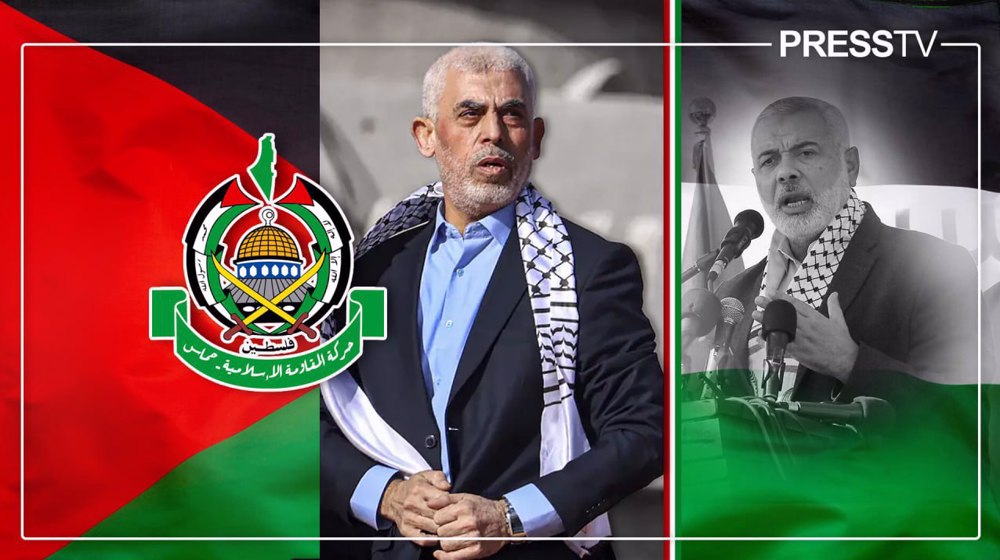
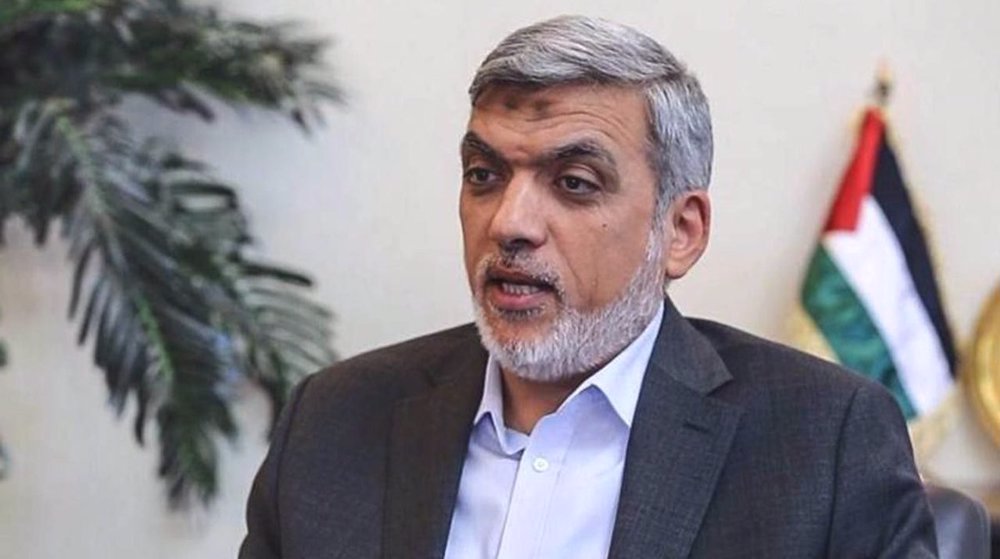

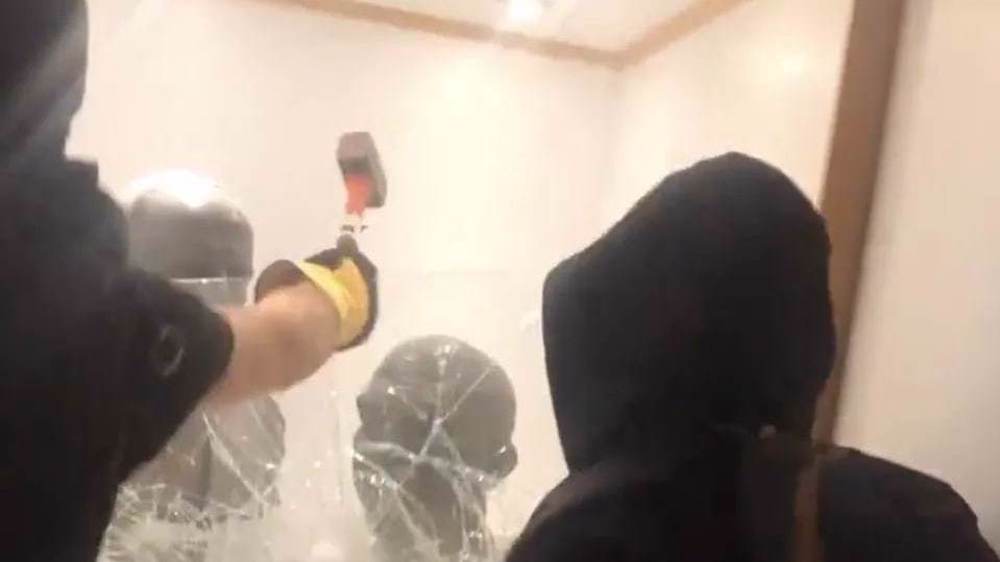



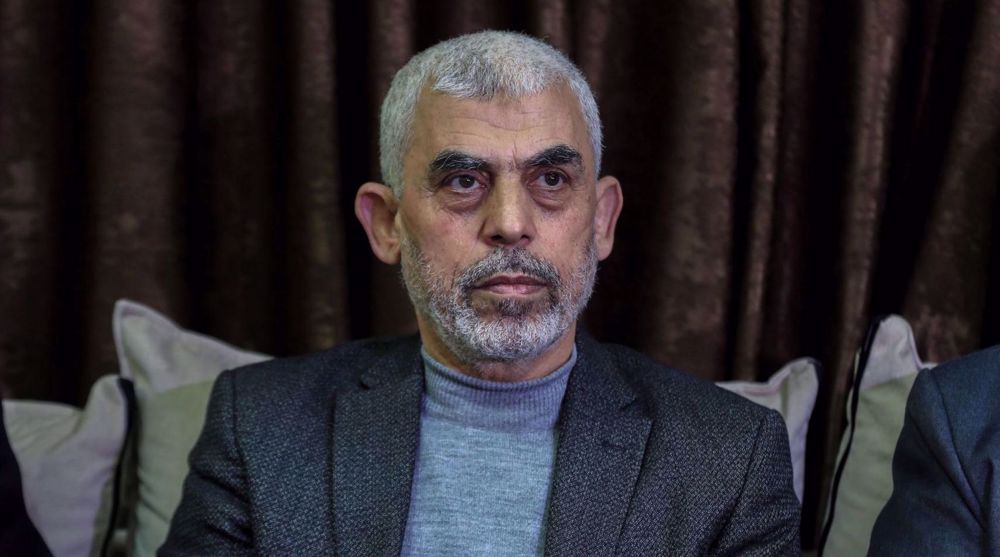
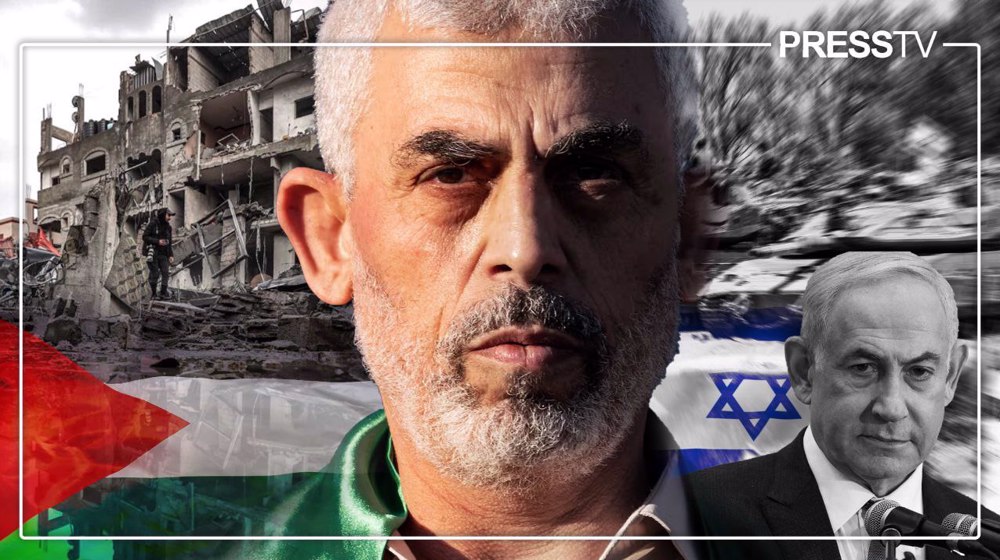
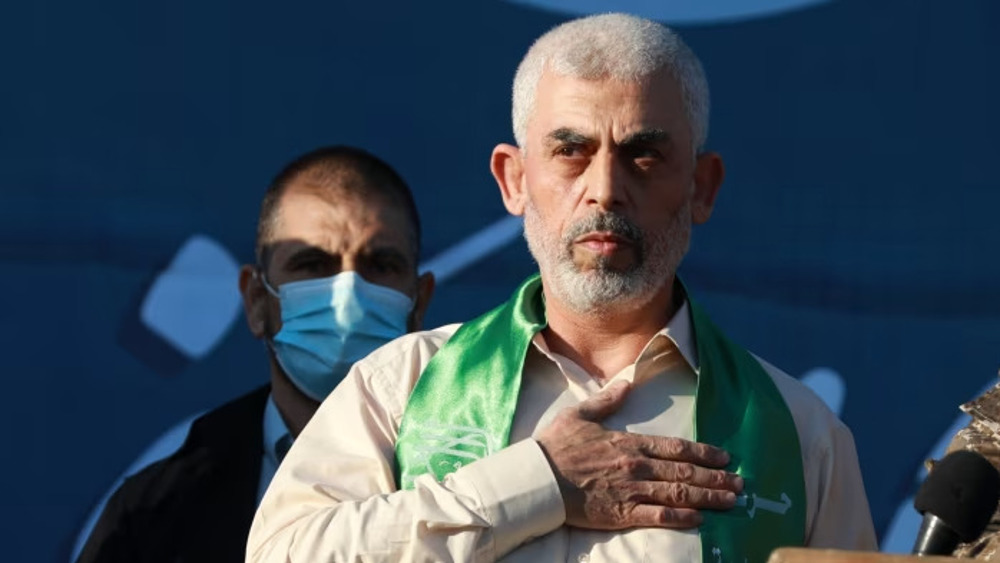
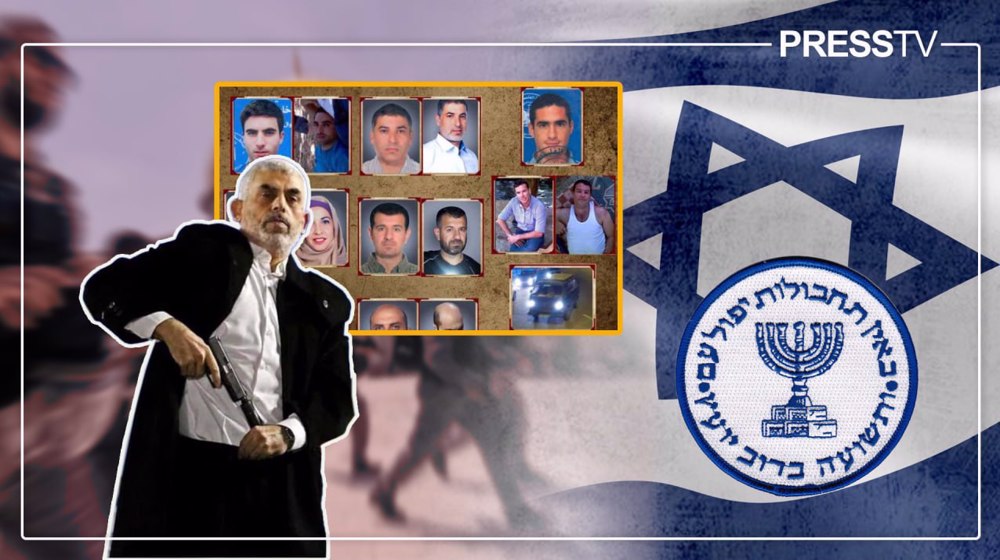
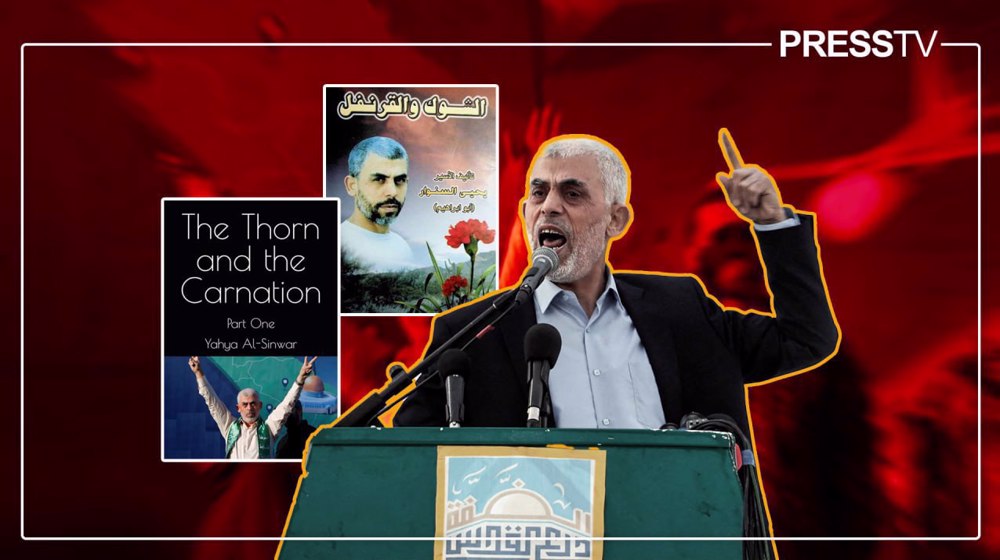

 This makes it easy to access the Press TV website
This makes it easy to access the Press TV website